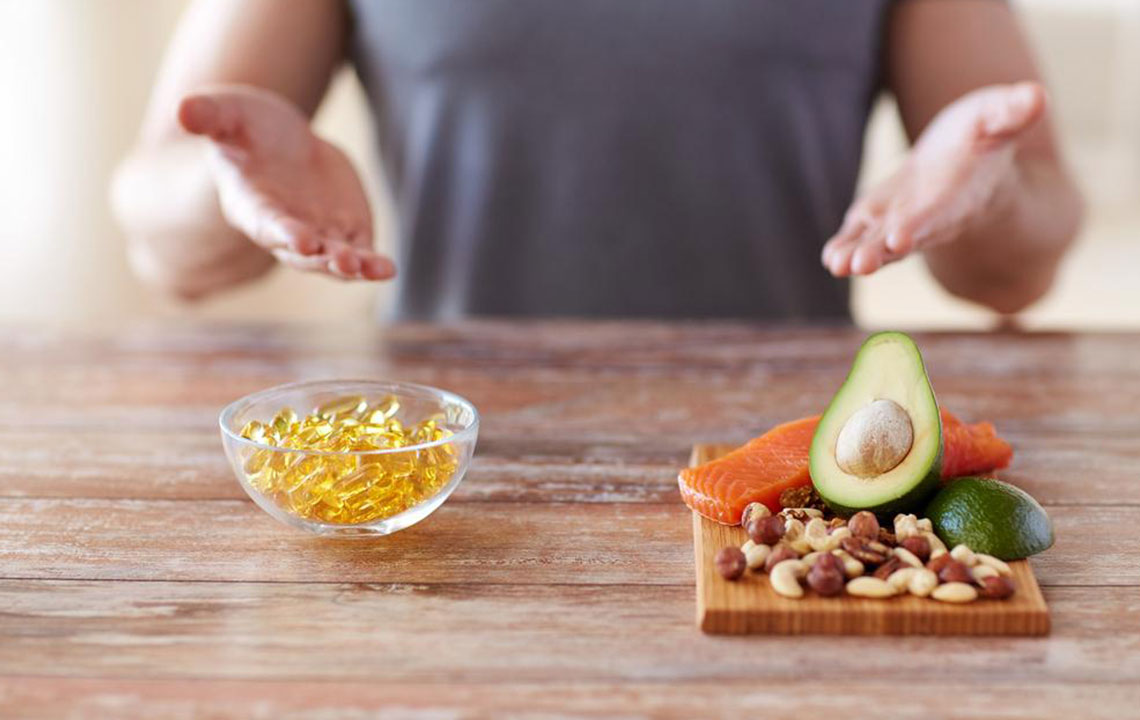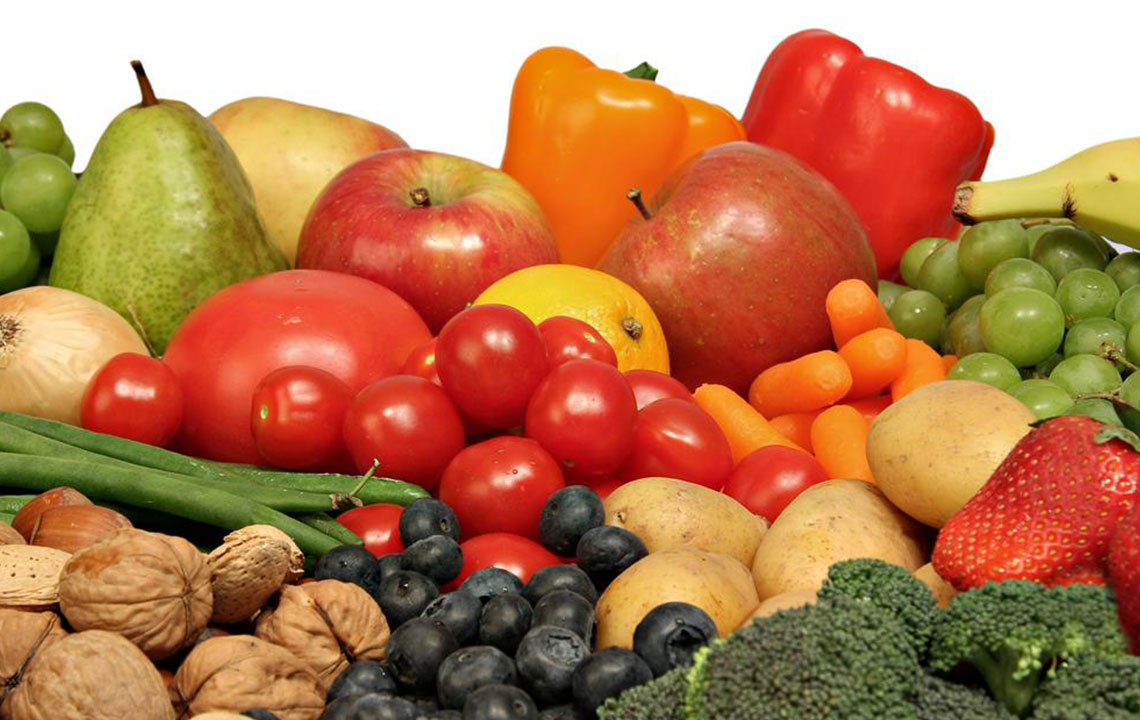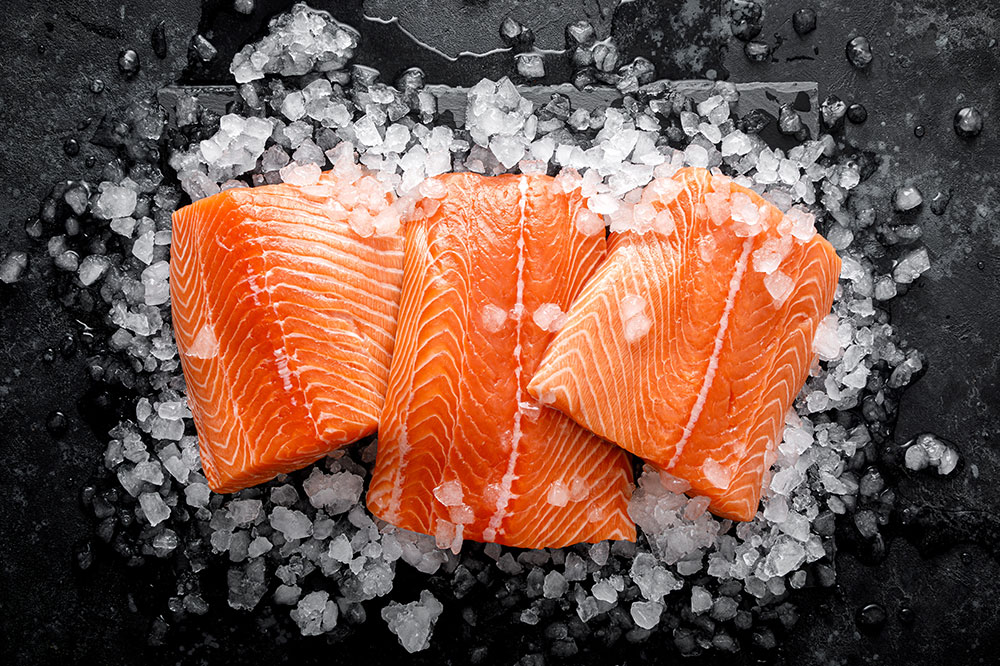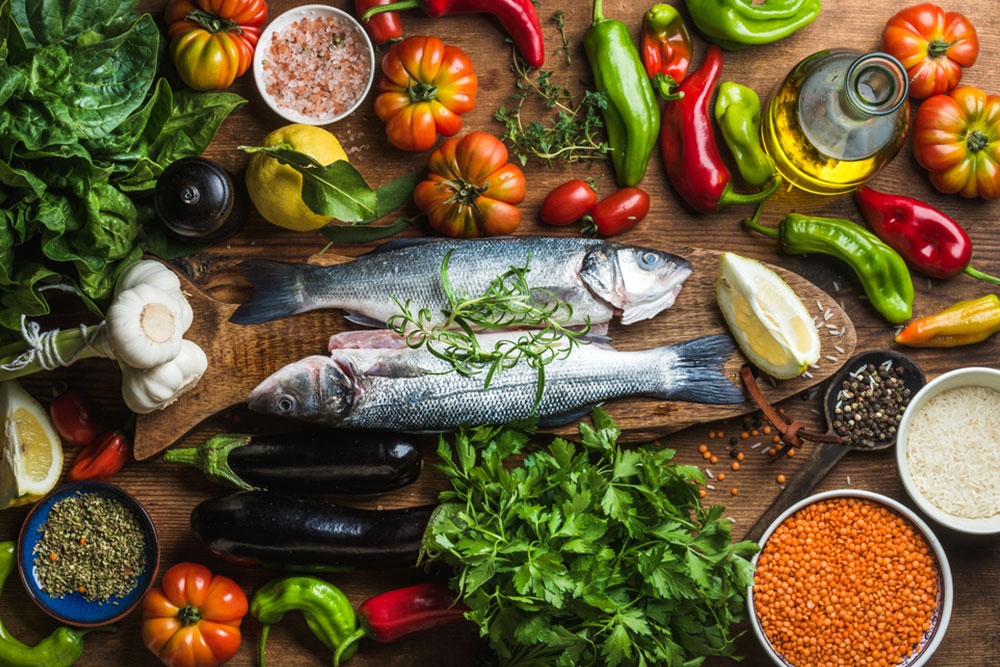Top 13 Anti-Inflammatory Foods for Better Health
Discover the top 13 foods that effectively reduce inflammation and promote overall health. Including fish, greens, nuts, spices, and fruits in your diet can help manage chronic inflammation, alleviating symptoms and preventing related diseases. Adopting healthy eating habits alongside lifestyle changes can significantly impact your well-being.
Sponsored
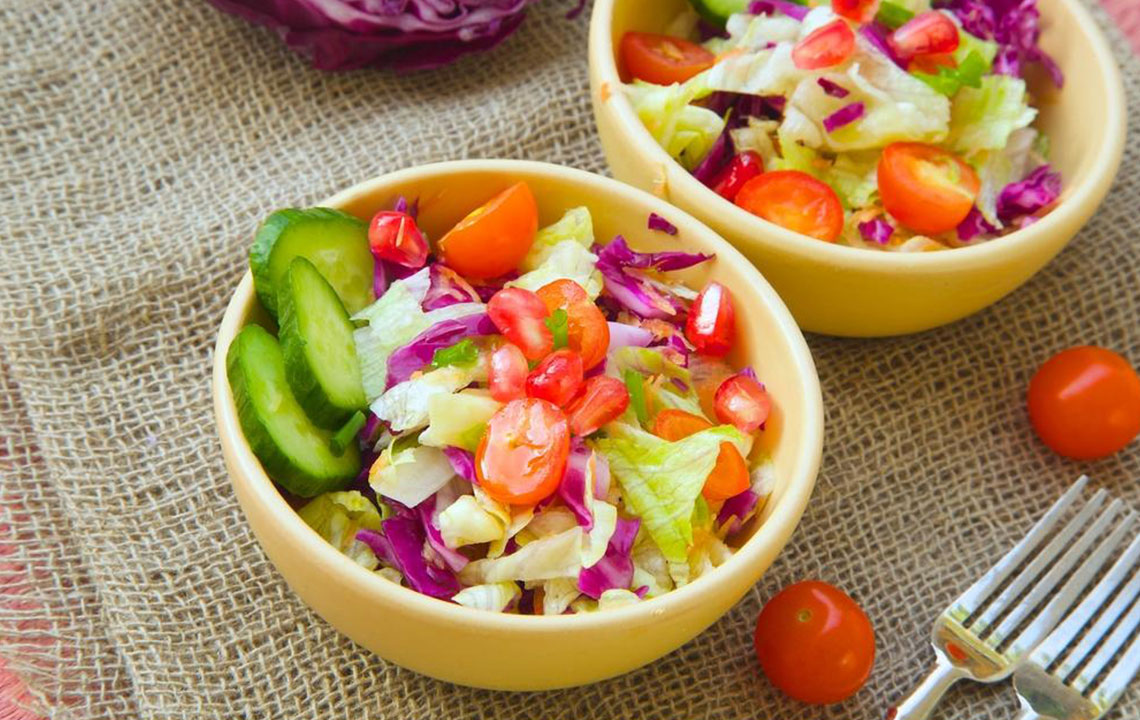
Inflammation plays a vital role in healing, but chronic inflammation can cause health issues like rheumatoid arthritis and cardiovascular problems. Diets high in sugar and saturated fats tend to increase inflammation, leading to joint pain, fatigue, and blood vessel damage.
Including certain foods can help reduce inflammation. Fat-rich fish such as salmon, tuna, and sardines are excellent sources of omega-3 fatty acids. Regular fish consumption or supplements support inflammation control. Limiting omega-6 fatty acids is also beneficial.
Whole grains, rich in fiber, help combat inflammation compared to processed white bread or rice. Dark leafy greens like spinach and broccoli supply vital vitamins that fend off inflammation.
Consuming nuts rich in antioxidants, such as almonds, provides fiber, calcium, and vitamin E that mitigate inflammatory responses. Soy products with minimal processing contain isoflavones that lower inflammation, particularly in women.
Low-fat dairy products are generally safe unless allergies exist, and they contain probiotics that support gut health. Bright-colored vegetables like peppers and tomatoes are high in antioxidants and capsaicin, reducing pain and inflammation. Cooking tomatoes enhances lycopene absorption, further decreasing systemic inflammation.
Beets and beetroot juice are known for their anti-inflammatory properties and potential protective effects against heart disease and cancer. Spices such as turmeric and ginger possess natural anti-inflammatory compounds, with ginger also benefiting gut health.
Allium vegetables like onions and garlic contain organosulfur and flavonoids like quercetin, which inhibit inflammation-causing agents. Raw garlic, especially when crushed and left for 10 minutes before cooking, provides maximum benefits. Yellow and red onions are preferable over white for anti-inflammatory effects.
Berries, rich in antioxidants like anthocyanin, are potent fighters against inflammation. Blueberries, for example, help reduce blood pressure and lower the risk of heart disease. Tart cherries have been shown to contain high anti-inflammatory levels, with cherry powder also being beneficial.
Adopting a healthy lifestyle complements these dietary choices, aiding in inflammation reduction. When necessary, medical interventions can also be considered for persistent inflammatory conditions.

